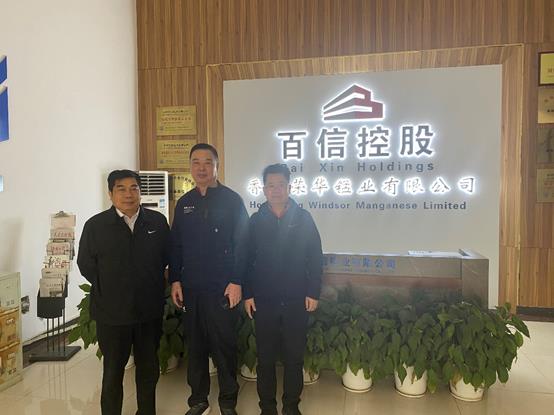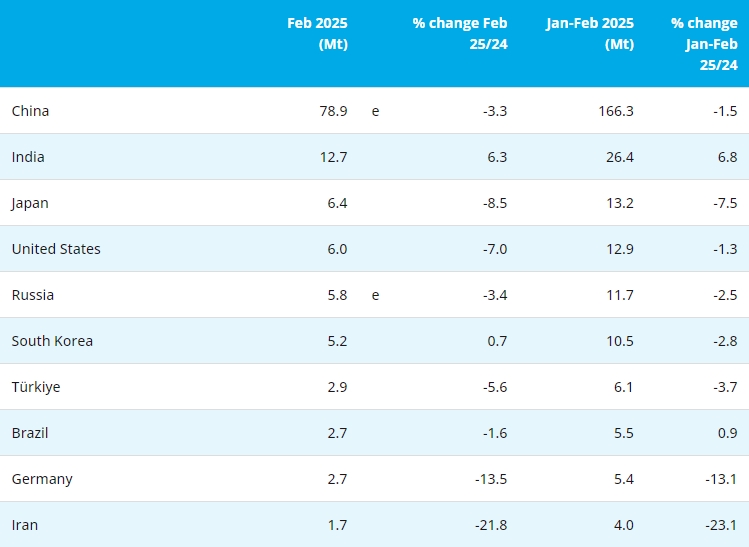Building an inclusive, green and low-carbon economy is crucial to promoting China's quality development, but the country should promote the low-carbon transition in a rational and orderly manner in order to ensure energy security, Vice-Premier Han Zheng said on Thursday.
He made the remark at the annual general meeting of China Council for International Cooperation on Environment and Development, which also marked the council's 30th anniversary.
The council, chaired by the vice-premier, is a high-level think tank for the Chinese government and is also known as the CCICED.
This year's meeting, from Monday to Thursday, had the theme of Building an Inclusive, Green and Low-carbon Economy. Energy security was highlighted by many experts and officials as they addressed the gathering.
Building an inclusive, green and low-carbon economy is very important, but the work should be promoted in line with the country's national conditions by firmly adhering to the principle of "establishing the new before abolishing the old", said Han, who is also a member of the Standing Committee of the Political Bureau of the Communist Party of China Central Committee.
While giving higher priority to the development of clean energies, Han said, China should also vigorously strengthen its abilities in a clean and efficient utilization of coal.
Coal accounts for 94 percent of the fossil fuel reserves in China. About 70 percent of the oil supply and about 40 percent of the natural gas in China is imported, according to China Coal News.
The vice-premier also called for an intensified endeavor to strengthen the country's institutions and policies for low-carbon transition. The roles of market and price mechanisms, government planning and policy guidance should all be fully leveraged in the work, he said.
Upholding the concept of a community of a shared future for mankind, China will proactively participate in global climate governance, Han said. The country also aims to promote the building of a fair and rational global climate governance system for win-win results.
Xie Zhenhua, China's special envoy for climate change, noted the tight energy supply around the globe amid the repeated resurgences of the COVID-19 pandemic and the volatile international landscape.
Against this backdrop, "many countries have made decisions to develop clean energies to relieve their dependence on fossil energy and enhance their capabilities in ensuring energy security," he said, addressing a forum held on the sidelines of the CCICED annual gathering on Tuesday.
China, for example, has specified that, as it endeavors to realize its climate targets, it will give priority to completing the energy transition by optimizing its energy structure, he continued. By the end of 2021, China's installed capacity of renewable-energy power generation had exceeded 1 billion kilowatts, one-third of the global total.
"The difficulties and challenges the world faces now can be transformed into opportunities for global green transition," he emphasized.
Kristin Halvorsen, director of the CICERO Center for International Climate Research, also believes that crisis can create opportunities.
"The current turbulent situation places a lot of responsibility on all of us. We faced multiple crises at once," the former Norwegian finance minister said at the CCICED's opening ceremony event on June 13.
"Millions of people's access to food and energy is under threat. The result is an increased risk of conflict and instability, but crisis also creates opportunities," she said. "It's our responsibility to work together and to jointly seek solid and sustainable solutions and avoid short-term solutions that put long-term goals at risk."CHINA DAILY
Copyright © 2013 Ferro-Alloys.Com. All Rights Reserved. Without permission, any unit and individual shall not copy or reprint!
- [Editor:kangmingfei]



 Save
Save Print
Print Daily News
Daily News Research
Research Magazine
Magazine Company Database
Company Database Customized Database
Customized Database Conferences
Conferences Advertisement
Advertisement Trade
Trade








 Online inquiry
Online inquiry Contact
Contact

Tell Us What You Think